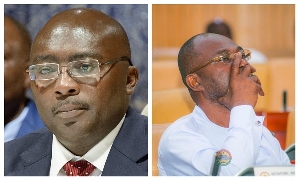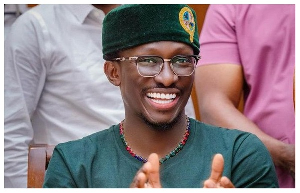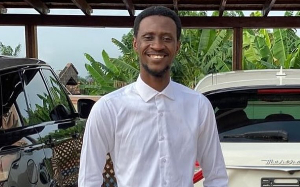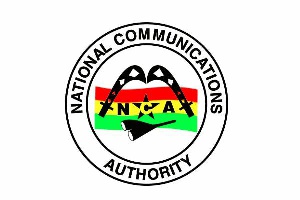Emmanuel Nti, a political analyst, has criticized Ghana’s political elections as monecracy, arguing that this poses a significant threat to democracy and effective leadership.
Speaking on Rainbow Radio 87.5 FM in Ghana and Rainbow Radio 92.4 FM in the UK, he said he was not surprised at the level of vote-buying that has characterised our elections in the country, right from internal party primaries to our national elections.
He lamented that our elections have been monetized to the point that every election organised in the country goes to the highest bidder.
He said poverty has also influenced these things, and especially in our rural areas, politicians take advantage of these things and give money to people to buy their votes.
He indicated that in some cases, when you give voters GHC50, they see it as something huge, and therefore politicians have taken advantage of this weakness and capitalised on that.
He referenced how Vice President Dr. Mahamudu Bawumia and Kennedy Agaypong paid delegates money, and “if the law had dealt with them, we would have dealt with this issue of monecracy. Bawumia paid $400, and Ken paid $300. If we had dealt with them, I don’t think we would have witnessed this issue going on in the NPP primaries”.
He asserted that this is not healthy for our development as a nation, and we have to deal with it.
However, let me get this across. The fact that someone is paying money does not mean the person is a good leader. And the fact that someone is unable to pay money does not mean the person is not a good leader.
The bottom line is that whether someone will pay money or not, delegates or constituents should look out for someone who has a competent personality to represent them.
He added that we should also look for intellectuals and their dedication, experience, what they can offer on the table, and their ability to represent their people rather than those who buy votes.
Politics of Sunday, 28 January 2024
Source: rainbowradioonline.com

















